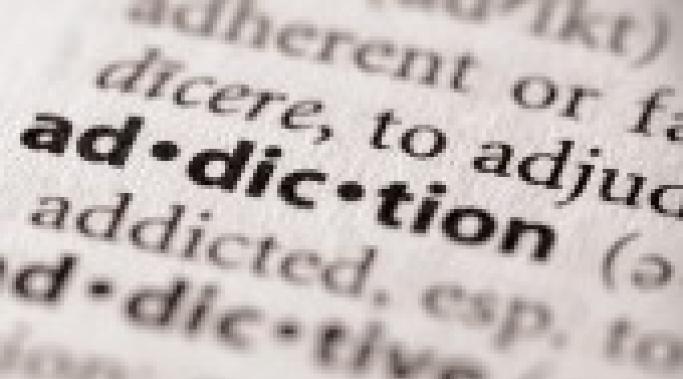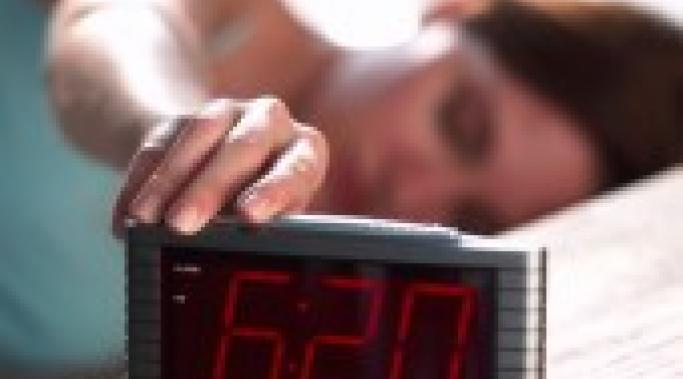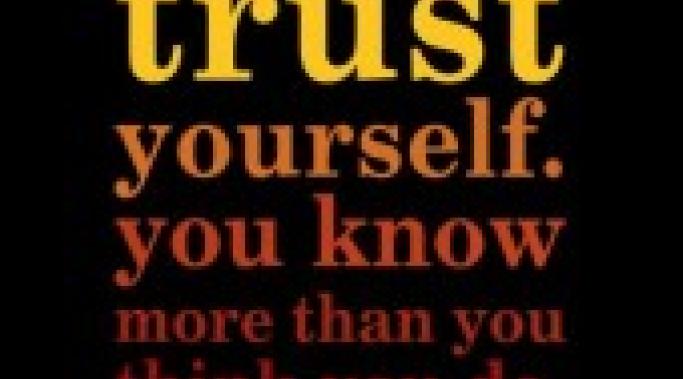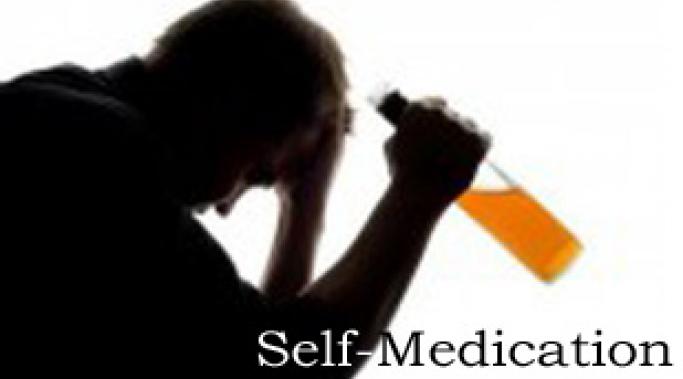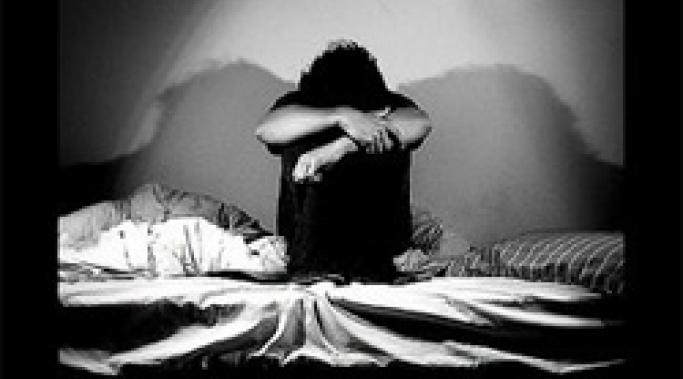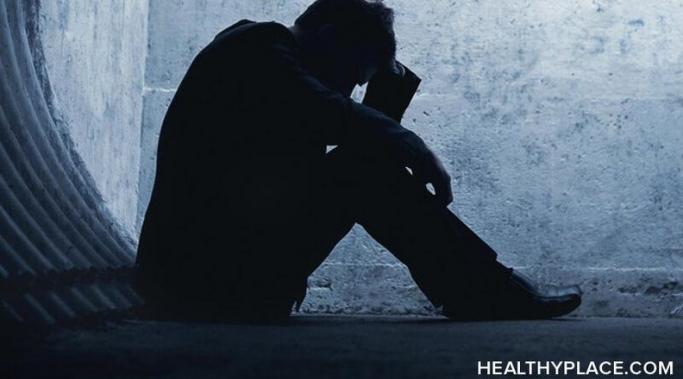I have touched on this before. A couple of times. Other bloggers on healthyplace.com have as well because it is important. Very important. It is part of living with--and recovering from--a mental illness.
Living With A Mental Illness Makes Us Feel Different
Relapse - Recovering from Mental Illness
When I read the heading of this post, the words mental illness and addiction sort of mold together, like a candle, dripping wax into the same spot. Mental illness and addiction go hand in hand--those diagnosed with a mental illness have a much higher incidence of addiction, this is known in the psychiatric community as co-morbid illness. Fancy words to apply to the content of this post.
First, let me pull out my Thesaurus (I have not done this for. . .a month? Two? Long overdue?) to define the word impulse and then we'll narrow it down a bit--a lot. We'll apply it to mental illness and shake the word up a bit.
In my last post The Experience of Depression: The Flip-Side of Mania I focused on both depression and, you guessed it, mania. I have a secret: I'm not feeling so great. I am clinically depressed.
The title of this post suggests that I am focusing exclusively on bipolar disorder and this might be true in content, but the symptoms and the experience described below are common within the spectrum of all chronic mental illness. It is a shared experience among those who are diagnosed--and not just with with bipolar disorder--highs and lows, in part, define mental illness.
In my last article, I talked about insomnia and the impact it can have on mental health. I talked about the importance of sleep in our recovery. It can spur feelings that we might be inching close to relapse. Often, insomnia is just insomnia. But oversleeping is different. A lot different. Night and day different--Pardon the horrible pun!
This topic is close to my heart...or, rather, high on my level of irritation. Diagnosed with bipolar disorder at the age of twelve, I have seen my share of psychiatrists, psychologists, social workers---I am missing a few people, er, professionals. The list is extensive. Some of us are blessed to be working with a wonderful mental health team right of the bat.
Diagnosed with a mental illness? This is your new psychiatrist, he or she will make you well, provided you put the work in! My experience has been quite the opposite--a bit more complicated.
Contradictions in Diagnosis
Let me stress this: Do Not Self-Medicate Mental Illness. This is obvious, right? It should be simple. Why make things more complicated? Being diagnosed with mental illness is crazy enough, so why do a large portion of people, statistically, abuse drugs and alcohol?
I'm human and sometimes I hurt. Just like you do. A few years ago:
I have not slept in three days, maybe four. Sheets hang on my windows. The light stings my dilated eyes. I wince, even among the relative darkness I have created. I have not eaten in days; I drink water tainted with vitamins hoping that's enough.It's been days of drugs and of alcohol. I am surprised I have not died yet.
For many years, that was my life. That was my way of dealing with the diagnosis. I hid behind drugs and alcohol because, in my mind, I would rather be an addict and alcoholic than to be bipolar.
R.E.L.A.P.S.E. Seven letters. Just seven. This seems impossible: the experience of mental illness relapse requires millions of words. As many words as the emotions it evokes, the pain it causes and the feeling that, you, that I, cannot escape. The fear of mental illness relapse isn't lessened by knowing recovery will follow.
You are sitting in your psychiatrist's office. The office is large. Her desk sits in the corner near the window. The blinds are always closed. The halogen lights seem much too bright--they hurt your eyes. Eyes that constantly threaten to close, and you wish you were back home where it is safe and dark. Back home where you can pretend there is nothing wrong. But there is: that is why you are sitting across from your doctor, across the small oval table. You glance at the stagnant art and your heart races. Your hands sweat. Your mind moves too quickly and then not fast enough.

